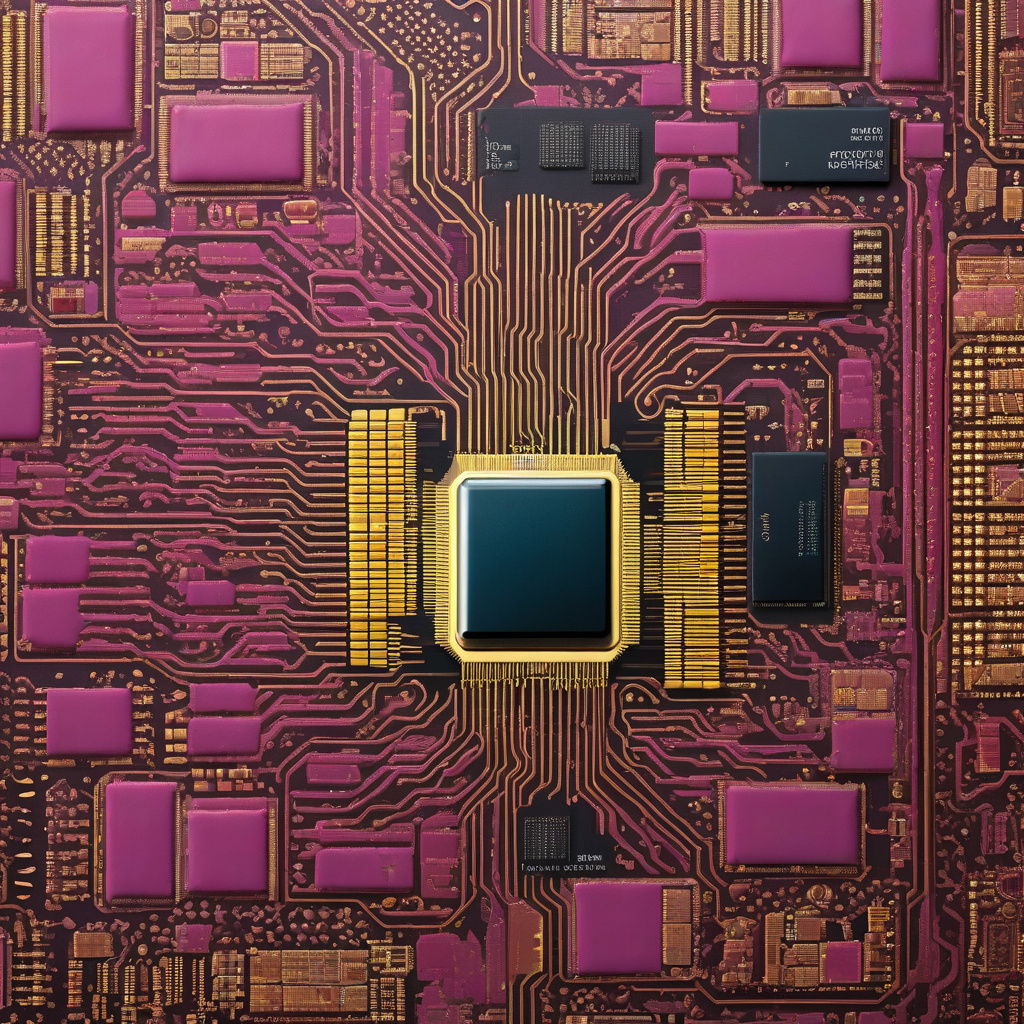Credit-card-sized Chip Reveals How Immune Cells Hunt and Kill Cancer in Real Time
A credit-card-sized chip may soon outsmart cancer. A team led by NYU Tandon School of Engineering’s Professor Jin Montclare has developed a groundbreaking technology that allows for real-time visualization of immune cells attacking cancer cells. This innovative chip provides a unique glimpse into the intricate mechanisms of the human immune system, shedding light on how immune cells hunt down and destroy cancerous invaders.
The chip, which mimics the microenvironment of a tumor, is equipped with tiny channels that replicate blood vessels. Within these channels, immune cells can be observed as they move towards cancer cells, engage with them, and ultimately eliminate them. This real-time monitoring capability offers researchers a dynamic view of the immune response, providing valuable insights into the effectiveness of different immunotherapies and potential ways to enhance immune cell activity against cancer.
One of the key advantages of this technology is its ability to capture the heterogeneity of immune cell behavior. By tracking individual immune cells as they interact with cancer cells, researchers can identify variations in cell responses and better understand why certain immune cells are more effective at killing cancer than others. This level of detail is crucial for developing personalized cancer treatments that target the specific immune responses needed to combat an individual’s unique cancer profile.
Moreover, the chip’s compact size and portability make it a versatile tool for studying immune cell behavior in various settings. Researchers can easily transport the chip to different labs or clinical settings, enabling real-time monitoring of immune cell dynamics in response to different stimuli or treatments. This flexibility opens up new possibilities for studying the complexities of the immune system in a wide range of research applications.
In addition to its research applications, this chip technology holds promise for clinical use in the future. By providing a platform for testing the efficacy of immunotherapies in real time, the chip could help accelerate the development of novel cancer treatments and improve patient outcomes. Furthermore, the ability to monitor immune cell behavior at the single-cell level could lead to more precise and targeted immunotherapies that minimize side effects and enhance therapeutic benefits.
Overall, the credit-card-sized chip developed by Professor Jin Montclare and her team represents a significant advancement in the field of cancer immunotherapy. By offering a window into the dynamic interactions between immune cells and cancer cells, this technology has the potential to revolutionize our understanding of cancer progression and treatment. As researchers continue to explore the capabilities of this innovative chip, we can look forward to a future where personalized cancer therapies are not just a possibility but a reality.
cancer, immunotherapy, immune cells, chip technology, personalized medicine












